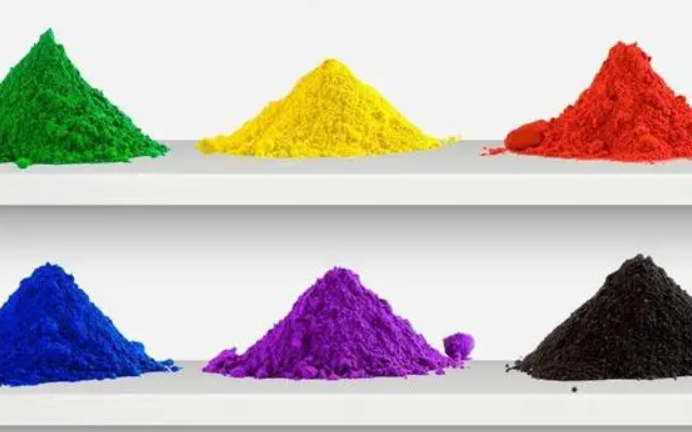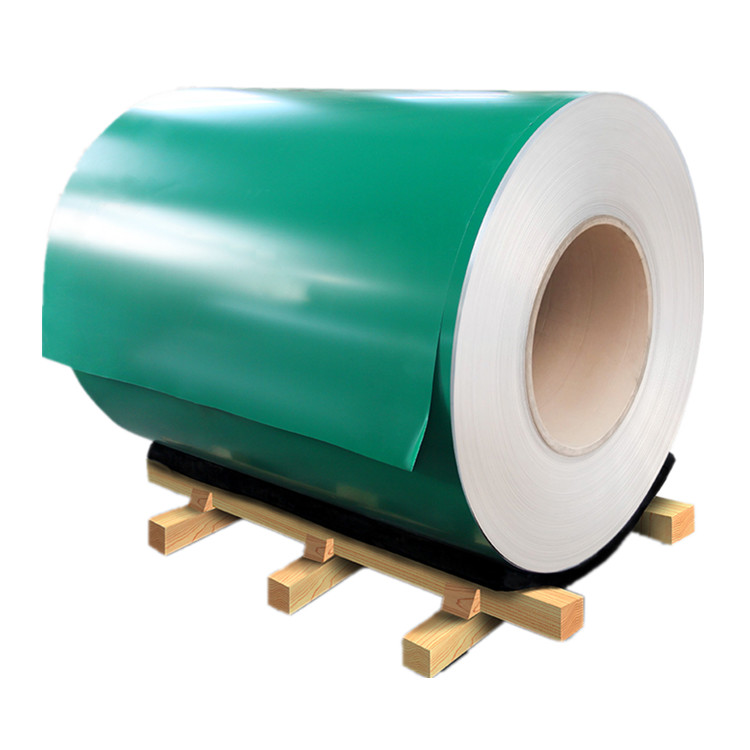Aluminum is a highly versatile metal prized for its lightweight properties, corrosion resistance, and durability. However, one of its drawbacks is its tendency to oxidize when exposed to oxygen in the air, forming a layer of dull, powdery substance known as aluminum oxide. To counteract this natural process and preserve the appearance and integrity of aluminum, various coatings are applied to protect it from oxidation. Let’s explore some of the coatings commonly used to prevent aluminum from oxidizing.
Anodizing
Anodizing is one of the most effective methods for preventing aluminum from oxidizing. This process involves immersing the aluminum in an electrolytic solution and passing an electric current through it to form a thick oxide layer on the surface. The resulting anodized layer acts as a barrier, preventing further oxidation and providing excellent corrosion resistance. Anodized aluminum also offers enhanced durability and can be dyed in various colors for aesthetic purposes.
Powder Coating
Powder coating is another popular method for protecting aluminum from oxidation. In this process, dry powder paint is electrostatically applied to the aluminum surface and then cured under heat to form a tough, protective coating. Powder coatings offer excellent adhesion, durability, and resistance to chipping, fading, and corrosion. They also provide a wide range of color options and can be applied to achieve different textures and finishes.

Clear Coatings
Clear coatings, such as acrylics, polyurethanes, or lacquers, can be applied to aluminum to provide a transparent protective layer that prevents oxidation while maintaining the metal’s natural appearance. These coatings offer good adhesion, UV resistance, and weatherability, making them suitable for both indoor and outdoor applications. However, clear coatings may require periodic maintenance to ensure long-term protection.

Chromate Conversion Coating
Chromate conversion coating, also known as chemical conversion coating or chromating, is a chemical treatment that forms a thin, protective film on the surface of aluminum. This film inhibits oxidation and provides some corrosion resistance. Chromate conversion coatings can be clear or colored, and they are often used as a pre-treatment before painting or powder coating to improve adhesion and enhance corrosion protection.
Ceramic Coatings
Ceramic coatings are highly durable and provide superior protection against oxidation, corrosion, and abrasion. These coatings are applied as a liquid and cured at high temperatures to form a hard, ceramic-like layer on the aluminum surface. Ceramic coatings offer excellent thermal stability, chemical resistance, and UV resistance, making them suitable for extreme environments and high-performance applications.
In conclusion, several coatings can be applied to aluminum to prevent oxidation and preserve its appearance and functionality. Anodizing, powder coating, clear coatings, chromate conversion coatings, and ceramic coatings are among the most effective options available. By selecting the appropriate coating based on the specific requirements of the application, aluminum can be effectively protected from oxidation and maintain its integrity for extended periods.


